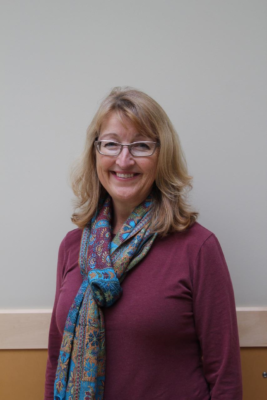 Class Description
Class Description
The fiftieth anniversary of the first Earth Day is a significant time to reflect on the health of our planet and on what kind of ancestors we want to be for those who celebrate Earth Day’s 100thanniversary. This course is designed to rethink our legacy away from destruction and towards restoration and reconnection with the natural world and our place in it. We start by asking, what is the state of our planet in terms of climate, species extinctions and vital ecosystems? You will learn about the basic science of climate change and its various impacts here in North Central Washington and abroad with data gathered from NASA, NOAA, Carbon Brief, and UW’s Climate Impacts Group. We will then put this data into the context of climate justice—who is most vulnerable to harm, and climate grief—how can we deal with this harm and potential losses? The best antidote often seems to be action, and we will need it at all levels from individual to international, from personal to policy. We will conclude the class with an overview of existing solutions to help mitigate the crisis and then envision how each of us can use our skills or talents to take appropriate action and become a better 100th Earth Day ancestor.
(FYI Reference to be explained in the talk: Robin Kimmerer asks in her essay, On Choosing to Belong to a Place, “What kind of ancestor do you want to be?”)
Instructor Bio
Joan Qazi is a professor of Geography and Sustainability at Wenatchee Valley College. She is on the board of Sustainable Wenatchee and trained as a Climate Reality Leader, teaching and researching about climate change for 25 years. As a teacher and a mother, Joan wants to find ways to meet our needs without compromising the ability of future generations to meet theirs.
This class will be held virtually. Register using the link below, and more information will be sent out prior to the class.

